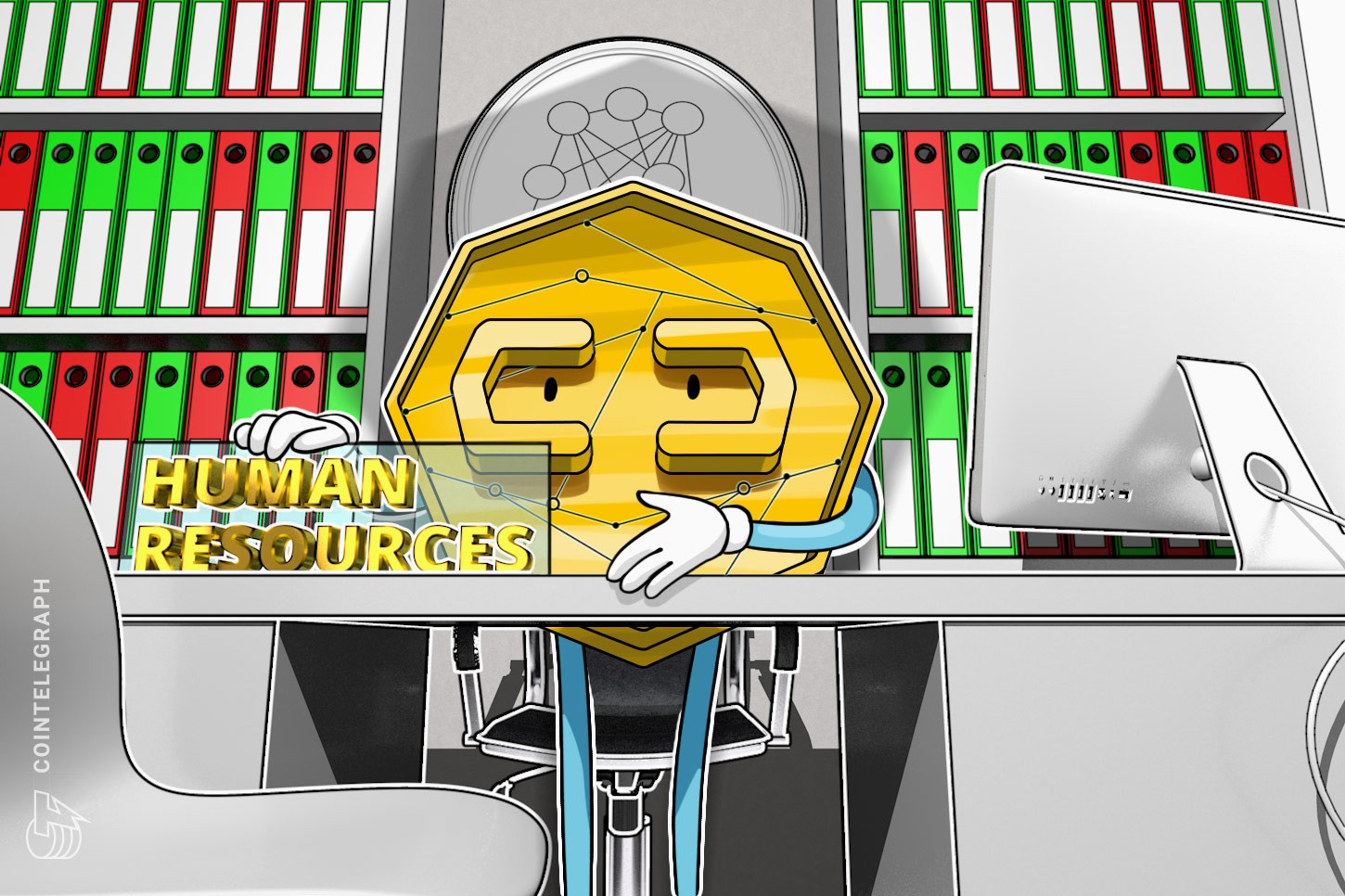The revolving door between traditional finance and the crypto space is well established. Now, executives from the luxury goods sector appear to be following in their steps.
Ian Rogers, formerly the chief digital officer at LMVH, is taking on a new role as “chief experience officer” at Ledger, the well-known French crypto hardware and software maker. LMVH was formed in 1987 from the merger of high fashion house Louis Vuitton and Moët Hennessy, which itself formed from a merger of champagne maker Moët & Chandon and cognac producer Hennessey, back in 1971.
The newly-created role of chief experience officer involves taking charge of business-to-consumer operations and “reinventing the user experience” of Ledger's products.
In an official statement Rogers gave an insight into how he plans to approach this new role:
“I remember when you couldn’t simply say ‘go to my website' [...] You had to first explain the concept of the internet [...] I love those moments when technology moves from science fiction to mainstream. Digital assets are standing on the verge of this move."
Rogers further referred to the “inevitable transformation” from marginal, geek technology to mass product, and to the cryptocurrency "revolution" when speaking of Ledger and the nascent digital assets industry.
At LMVH, where he worked from 2015 onwards, Rogers's work involved overhauling the e-commerce strategy at luxury brands and implementing new technologies, such as big data and AI, to help with this goal. Prior to his time at LMVH, he worked at Apple Music, Yahoo Music and Beats music, having begun his career as a website developer for the American band The Beastie Boys.
Cryptocurrencies have often been described as a finance “counterculture,” both in academic papers and the mainstream press, due to their origins in libertarian and cypherpunk movements. Now that their appeal has broadened, and their relationship to mainstream finance has become ever more intertwined, Ledger's move to onboard luxury brand executives is, perhaps, not as surprising as it would have been in the industry's earlier, more offbeat days.


